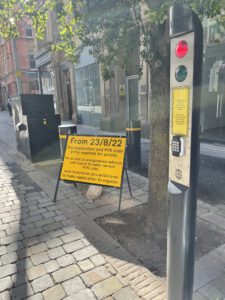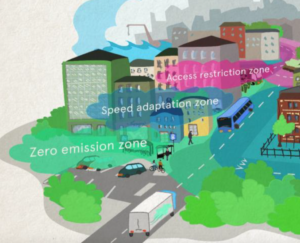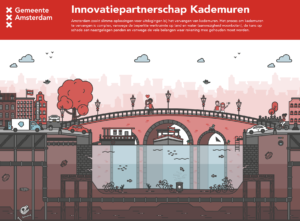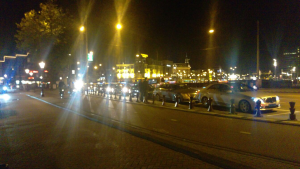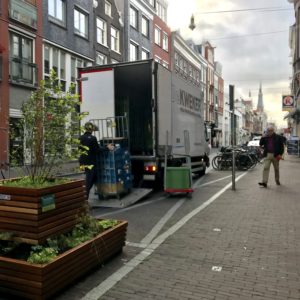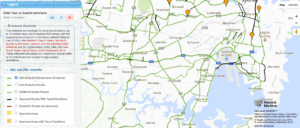Smart loading zones: a data analytics approach for loading zones network design
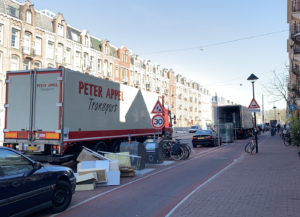
Urban public space commonly accommodates freight delivery operations through on-street (un)loading zones (LZ). Given the scarcity of public space and its demand by various users, city authorities face the challenge of effectively managing LZ by understanding freight curbside needs and utilization. Despite the popularity of technological solutions and enforcement practices among policymakers to capture curbside …

